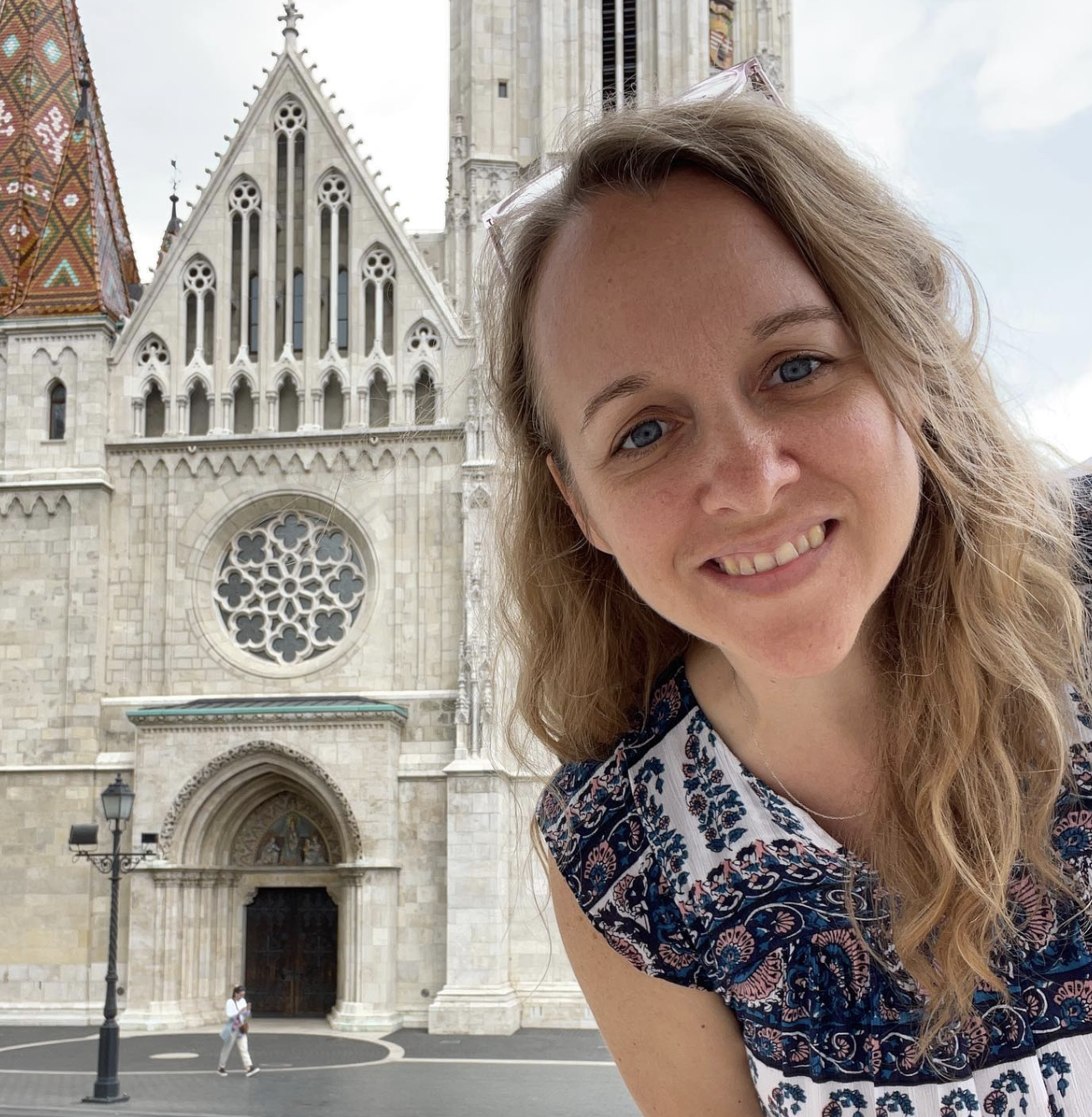Software & systems engineering and their applications.
Event
Resilience Week 2013
Symposia dedicated to promising research in resilient systems that will protect cyber-physical infrastructures from unexpected and malicious threats--securing our way of life.
 Submitted by Craig Rieger on September 18th, 2012
Submitted by Craig Rieger on September 18th, 2012
Event
Buildsys 2012: 4th ACM Workshop On Embedded Sensing Systems For Energy-Efficiency In Buildings
The world is increasingly experiencing a strong need for energy consumption reduction and for efficient use of scarce natural resources. Official studies report that buildings account for the largest portion of World’s energy expenditure and have the fastest growth rate.
Submitted by Mário Alves on May 9th, 2012
The 10th ACM Conference on Embedded Networked Sensor Systems (SenSys 2012) solicits innovative research papers on the systems issues of networked, embedded sensing and control. The conference brings together academic, industry, and government professionals to a premier single-track, highly selective forum on sensor network design, implementation, and application.
 Submitted by Anne Dyson on April 16th, 2012
Submitted by Anne Dyson on April 16th, 2012
Submitted by Jim BRAZELL on April 16th, 2012
SAMOS is a premier and well-established conference on embedded systems organized annually since 2001. The conference brings together researchers from academia and industry on the quiet and inspiring northern mountainside of the Mediterranean island of Samos. It provides an environment where collaboration rather than competition is fostered. The conference considers new state-of-the-art mature research papers on all aspects of embedded processor hardware/software design and integration.
 Submitted by Katie Dey on April 16th, 2012
Submitted by Katie Dey on April 16th, 2012
The NASA Formal Methods Symposium is a forum for theoreticians andpractitioners from academia, industry, and government, with the goals ofidentifying challenges and providing solutions to achieving assurancein mission- and safety-critical systems. Within NASA, for example, suchsystems include autonomous robots, separation assurance algorithms for aircraft,Next Generation Air Transportation (NextGen), and autonomous rendezvous anddocking for spacecraft. Moreover, emerging paradigms such as code generation
 Submitted by Alwyn Goodloe on April 16th, 2012
Submitted by Alwyn Goodloe on April 16th, 2012
Event
SenSys 2011
The 9th ACM Conference on Embedded Networked Sensor Systems (SenSys 2011) is a highly selective, single-track forum for the presentation of research results on systems issues in the area of embedded, networked sensors. Distributed systems based on networked sensors and actuators with embedded computation capabilities allow for an instrumentation of the physical world at an unprecedented scale and density, thus enabling a new generation of monitoring and control applications.
 Submitted by Janos Sztipanovits on April 16th, 2012
Submitted by Janos Sztipanovits on April 16th, 2012
The CPS topic in DATE includes high-level design, optimization and analysis of networked control and switched control systems; control/architecture co-design for distributed embedded systems; formal semantics, verification, model checking and abstraction refinement techniques for control software and systems; simulation and testing; architectures; modeling techniques; architecture-aware controller synthesis; model-based approaches to cyber-physical systems design; reliability-aware design and fault- tolerance; certification issues; specification languages and programming support; case studi
 Submitted by Janos Sztipanovits on April 16th, 2012
Submitted by Janos Sztipanovits on April 16th, 2012
Event
MobiCPS 2010
MobiCPS 2010 - The 1st IEEE International Workshop on Mobile Cyber-Physical Systems
The MobiCPS workshop is an international forum for researchers and practitioners to present innovative ideas and results on all aspects of mobile cyber-physical systems, including theoretical foundations, techniques and methods, tools and platforms, prototypes, and practical applications. Besides research papers, this workshop will feature Invited Talks and a Panel Discussion session.
Submitted by Anonymous on April 16th, 2012
Holonic Multi-Agent Control of Intelligent Power Distribution Systems
This project will demonstrate a Holonic Multiagent System Architecture capable of adaptively controlling future electrical power distribution systems (PDS), which are expected to include a large number of renewable power generators, energy storage devices, and advanced metering and control devices. The project will produce a general, extensible, and secure cyber architecture based on holonic multiagent principles to support adaptive PDS. It will produce new analytical insights to quantify the impact of information delay, quality and flow on the design and analysis of the PDS architecture. Finally, it will develop a novel approach to automating PDS with high penetration of distributed renewable resources for higher efficiency, reliability, security, and resiliency.
The complex nature of future PDS will require them to adapt reactively and proactively to normal and anomalous modes of operation. The architecture produced by this project will be capable of optimizing performance and maintaining the system within operating limits during normal and minor events, such as cloud cover that reduces solar panels output. The architecture will also allow the operation of a distribution system as an island in emergencies, such as hurricanes/earthquakes, grid failures, or terrorist acts.
The project will inspire future engineers via a simulation that will allow students to inject faults, failures, and weather events to see how an intelligent PDS will respond. These activities will combine cyber- and physical expertise, thus creating a workforce prepared for tomorrow?s cyber-physical system challenges. Existing university programs will be used to involve under-represented minorities and U.S. veterans in the project.
Off
Sanjoy Das
Scott DeLoach
Bala Natarajan
Xinming Ou
Kansas State University
Anil Pahwa
-
National Science Foundation
Pahwa, Anil
 Submitted by Anil Pahwa on December 6th, 2011
Submitted by Anil Pahwa on December 6th, 2011